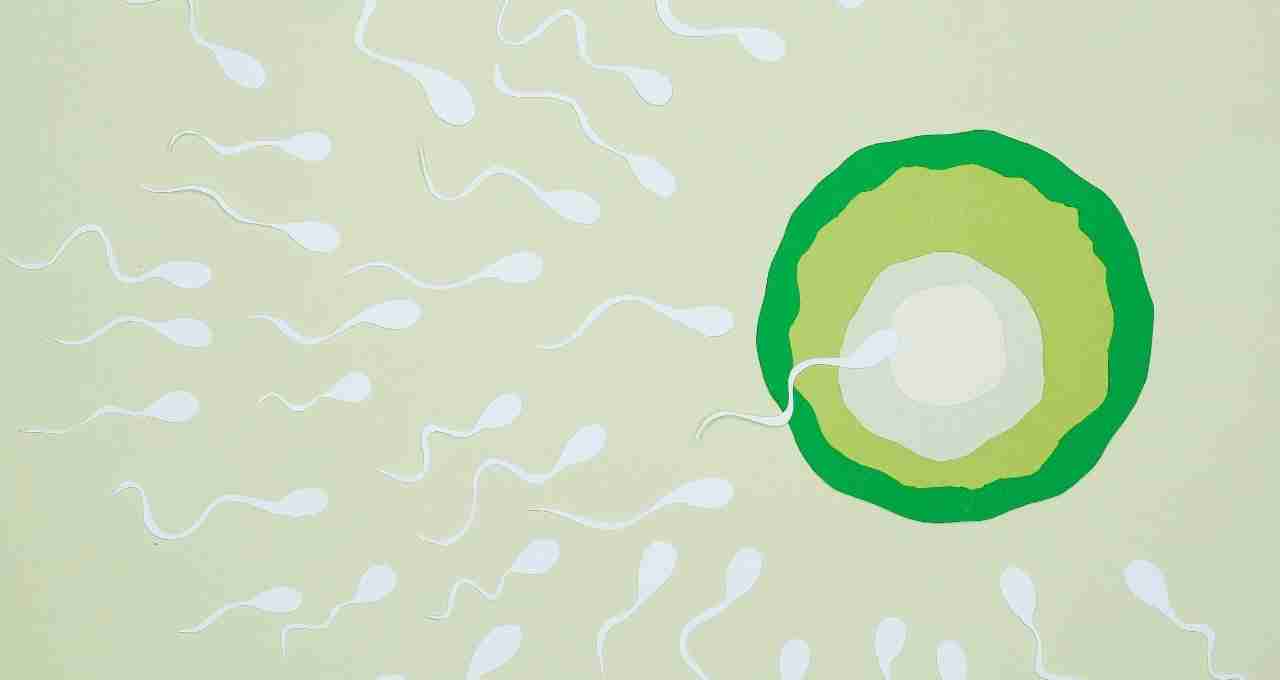The fertility cycle helps in understanding a woman's reproductive health and hormonal balance. It includes four phases: menstruation, follicular, ovulation, and luteal. The ovulation phase is the most fertile. Women should consult a gynecologist if they do not have regular cycles.
Fertility cycle: The fertility cycle is an important way to understand a woman's reproductive health and hormonal balance. It includes four phases: menstruation, follicular, ovulation, and luteal. Specifically, the ovulation phase is most suitable for conception. Irregular menstruation can be a sign of hormonal imbalance or other health problems, so it is important to contact a gynecologist in such cases.
What is the fertility cycle?

The fertility cycle is a regular cycle that reflects a woman's hormonal balance, ovarian function, and likelihood of conception. Every woman's fertility cycle is different, but it has four main phases. These phases are menstruation, the follicular phase, ovulation, and the luteal phase. By understanding all these phases, a woman can identify her most fertile days.
Menstruation Phase
The first phase of the fertility cycle is menstruation. It involves vaginal bleeding for about four days and may be accompanied by abdominal cramps. This phase varies in duration and intensity among women. Some experience heavy bleeding, while others have normal flow. During menstruation, hormone levels in the body change, preparing it for the next phase.
Follicular Phase
After menstruation ends, the follicular phase begins. In this phase, an egg begins to form in the woman's ovary. The level of follicle-stimulating hormone (FSH) starts to rise, and the egg prepares to mature. This phase helps prepare the woman's body for pregnancy.
Ovulation Phase
The most important phase of the fertility cycle is the ovulation phase. At this time, the woman's egg is fully ready to leave the ovary. During this time, the woman is most fertile. If intercourse occurs at this time, the chances of conception are highest. An ovulation predictor kit or other means can be used to correctly identify ovulation.
Luteal Phase
The luteal phase is the final phase of the menstrual cycle. During this time, the uterus prepares for pregnancy. If conception does not occur, this phase ends with menstruation. Hormonal changes occur during this phase, and the body prepares for a new cycle.
Regular Menstruation

For women who have regular menstruation, it is a positive sign of fertility and health. However, women who have irregular menstruation should contact a specialist gynecologist. Irregular menstruation can be a sign of hormonal imbalance or other health problems.
Hormonal Balance and Reproductive Health
A proper understanding of the fertility cycle gives women an idea of their hormonal balance. This not only increases the chances of conception but also allows women to detect any abnormalities in their body in a timely manner. Timely detection of hormonal imbalances can prevent future maternity-related problems.
Methods for Monitoring the Fertility Cycle
Women can adopt various methods to monitor their fertility cycle. These include ovulation predictor kits, body temperature monitoring, and hormonal checkups. Regular monitoring allows a woman to identify her most fertile days and take care of her health in a timely manner.















